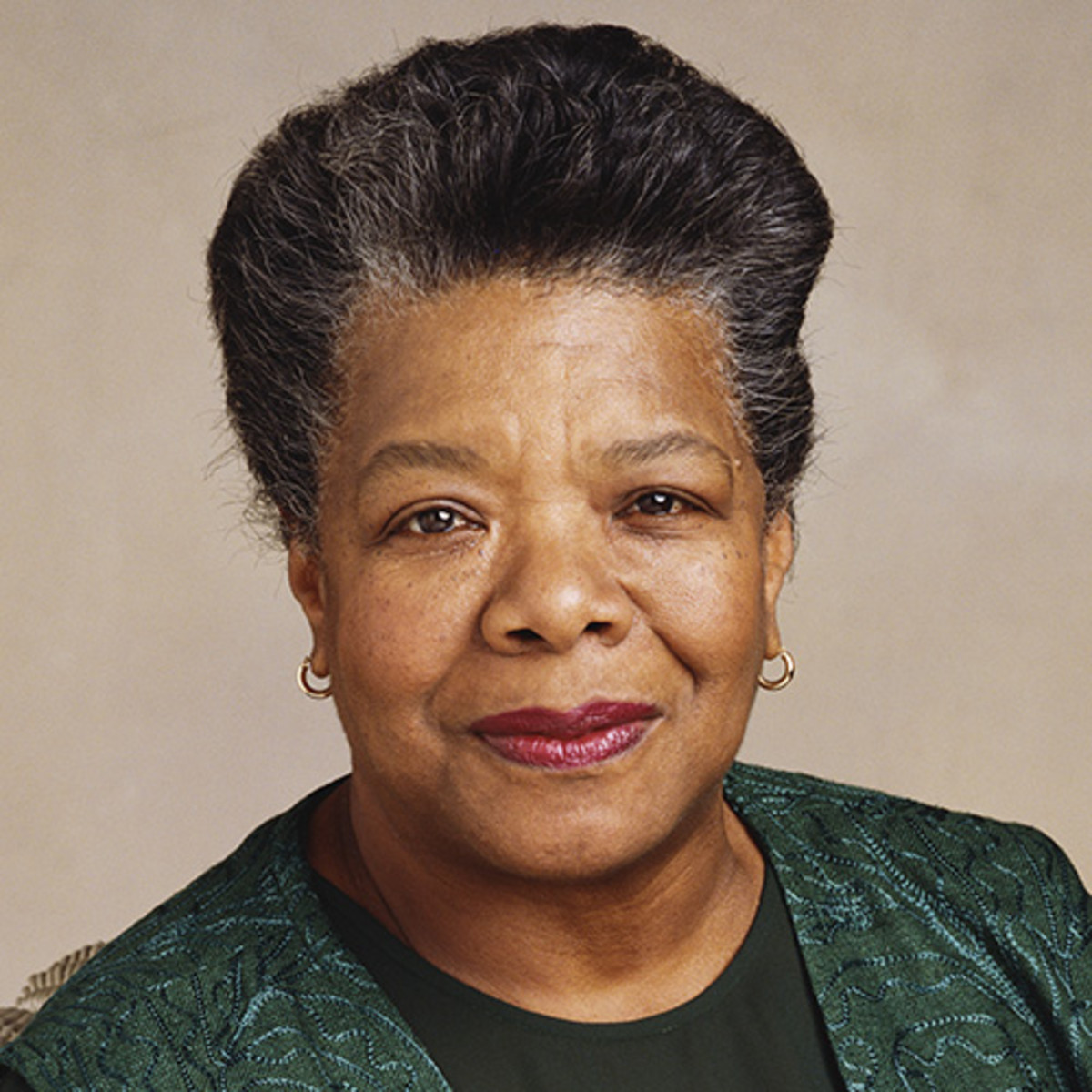She came home running
back to the mothering blackness
deep in the smothering blackness
white tears icicle gold plains of her face
She came home running
She came down creeping
here to the black arms waiting
now to the warm heart waiting
rime of alien dreams befrosts her rich brown face
She came down creeping
She came home blameless
black yet as Hagar’s daughter
tall as was Sheba’s daughter
threats of northern winds die on the desert’s face
She came home blameless
Published:
1971
Length:
Shorty
Literary Movements:
Black Arts Movement
Anthology Years:
2020
Themes:
Racial Injustice
Womanhood
Literary Devices:
Anaphora
a figure of speech in which words repeat at the beginning of successive clauses, phrases, or sentences
Anthimeria
the replacement of one part of speech for another, often referred to as a “functional shift.”
Repetition
a recurrence of the same word or phrase two or more times
Rhyme
correspondence of sound between words or the endings of words, especially when these are used at the ends of lines of poetry
Simile
a comparison between two unlike things using the words “like” or “as”

